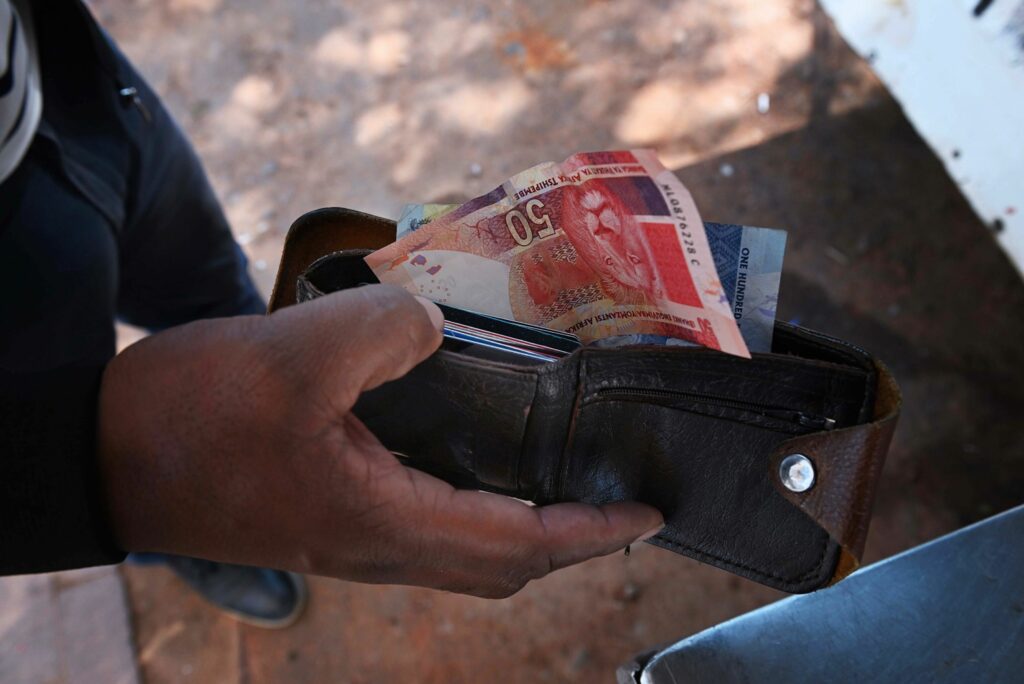Business
2024 OMSIM Study: South African Households Improve Financial Control Despite Economic Pressure

South Africans Take Control of Their Finances as Economic Pressures Persist
The 2024 Old Mutual Savings and Investment Monitor (OMSIM) shows a significant shift in financial attitudes among South African households. Many households are now feeling less stressed about their finances, with people finding new ways to manage their debts and increase their income.
How Households Are Taking Charge
Households are changing their financial approach due to economic pressures. The study, which surveyed employed South Africans aged 18 to 65 with a monthly income of R8,000 or more, found that families are looking to build a more stable financial future by cutting costs and seeking new income sources.
This change is reflected in how people manage their budgets, debt, and savings. Many South Africans are supplementing their incomes through side hustles, freelance work, and even starting businesses. Howard Freese, an Old Mutual financial planner, noted that this marks a turning point, with many realizing one income stream isn’t enough.
Rise of “Polyjobbing” and Side Hustles
According to the OMSIM report, 57% of households now have multiple income sources, like freelancing, side businesses, or evening work. This trend is especially strong among the youth, with 73% of those aged 18 to 29 working multiple jobs. This shift has created a “polyjobber” culture in South Africa, with more people participating in the gig economy.
Entrepreneurship is also on the rise, with 47% of employed South Africans owning a business—a noticeable increase from 2023. As a result, more South Africans are now saving with the goal of starting or funding their own businesses. Social media is another growing source of income, with 42% of respondents earning some money through online platforms.
Improved Budgeting, Saving, and Debt Management
South Africans are also becoming more skilled in budgeting and managing their debts. Households now allocate about 21% of their income to debt payments while increasing their savings rate to 23%, up from 20% in 2023.
Despite economic challenges, fewer households are dipping into their savings to pay off debt, with this number falling from 54% in 2023 to 45% in 2024. In addition, fewer people are taking on new personal loans, showing a commitment to managing existing obligations instead.
Challenges Remain
However, some financial challenges remain. Many South Africans, particularly those with limited savings, feel stressed about their debt. Approximately 43% of consumers still worry about debt, and concerns over retirement savings are common. Only one in four households feels confident about their retirement funds, while 49% lack confidence altogether.
The 2024 OMSIM report shows that South African households are increasingly proactive in managing their finances. From side hustles to better debt control, people are finding ways to secure their financial future despite a challenging economy.

















